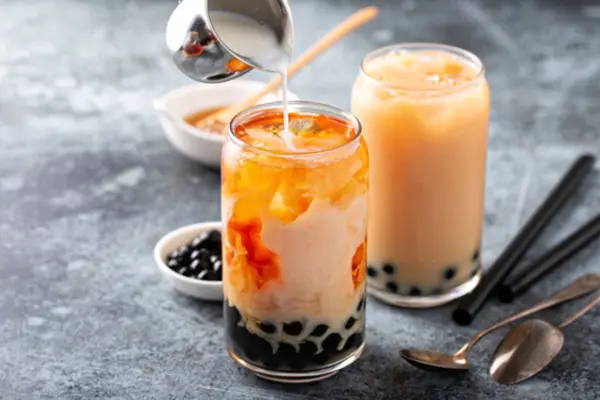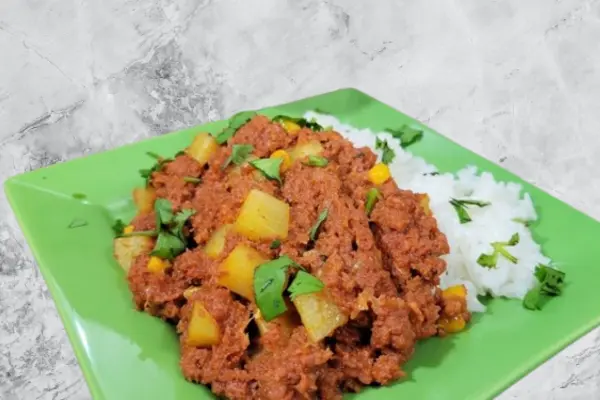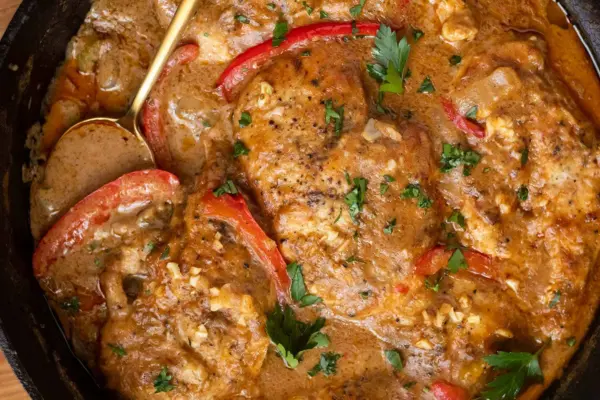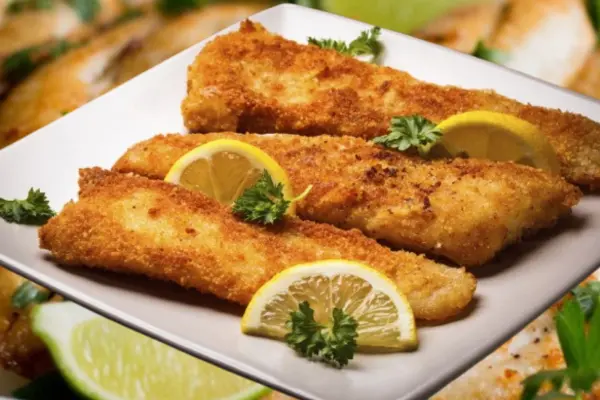Looking for answers about Does Boba Tea Have Caffeine?
Our article examines the connection between the two and offers helpful information to assist you in selecting beverages wisely. Discover the truth about boba tea and caffeine today!
The renowned beverage boba tea, sometimes called bubble tea, was invented in Taiwan and has since become incredibly well-known worldwide. It is loved for its unique taste, chewy tapioca pearls, and wide range of flavors.
One common question that arises among boba tea enthusiasts is whether or not this delightful beverage contains caffeine. We’ll delve into the realm of boba tea in this post and examine its caffeine level.
What Is Boba Tea?
Before diving into boba tea’s caffeine content, let’s understand its basic components. Black tea, green tea, oolong tea, or even herbal tea can be used as the base for boba tea.
The tea is brewed to extract its flavors and create a strong base for the beverage. Then, it is combined with milk or creamer, giving it a creamy and smooth texture.
Sweeteners such as sugar, honey, or flavored syrups are added to enhance the taste. Finally, the iconic boba pearls, made from tapioca starch, are added, giving the drink its signature chewy texture.
Understanding Caffeine
What Is Caffeine?
The stimulant caffeine is naturally present in many plants, including tea leaves, coffee beans, and chocolate.
It is a member of the xanthines chemical class and stimulates the central nervous system, giving brief increases in alertness and energy.
Effects Of Caffeine On The Body
Caffeine is taken into the bloodstream after consumption and moves to the brain, interfering with adenosine, a neurotransmitter that encourages relaxation and sleepiness.
Caffeine can thereby boost mental alertness, enhance focus, and lessen weariness.
But, it can also have negative consequences, particularly when ingested in excess, like a faster heartbeat, agitation, and trouble falling asleep.
Does Boba Tea Have Contain Caffeine?
Many elements, including the tea base, the kind of boba pearls used, and any added additives or flavors, might affect the amount of caffeine in boba tea.
Let’s look more closely at each of these elements.
Caffeine In The Tea Base
The tea base used in boba tea plays a significant role in determining its caffeine content. Traditional black teas with higher caffeine content than other forms of tea include Assam and Darjeeling.
While herbal teas are devoid of caffeine, green tea, and oolong tea often have lower caffeine levels.
As a result, boba tea brewed with a black tea foundation is probably going to have more caffeine than teas made with green tea or herbal bases.
It’s crucial to remember that the precise amount of caffeine might still change based on the brewing technique and the quality of the tea used.

Caffeine In The Boba Pearls
While the tea base contributes to the caffeine content of boba tea, it’s essential to consider the boba pearls themselves. Tapioca pearls used in boba tea do not inherently contain caffeine as they are made from tapioca starch.
However, some manufacturers may add flavorings or additives to the pearls, potentially introducing caffeine into them.
It is advisable to check the ingredients or consult the boba tea establishment to determine if their pearls contain any caffeine.
Other Factors Affecting Caffeine Content
Apart from the tea base and boba pearls, there are other factors that can influence the overall caffeine content in boba tea. For instance, if additional flavorings, such as matcha powder or coffee extracts, are added to the drink, they may contribute to the caffeine content.
Moreover, the brewing method, steeping time, and water temperature during tea preparation can also impact caffeine extraction.
It’s worth mentioning that different boba tea shops may have variations in their recipes and preparation methods, leading to differences in caffeine levels.
Health Effects Of Caffeine
Caffeine, when consumed in moderation, can offer certain benefits. It can help improve focus, increase alertness, and temporarily boost energy levels. According to some research, caffeine may also improve mood and cognitive performance.
Furthermore, moderate caffeine use has been linked to a lower risk of diseases like Parkinson’s disease and liver cancer.
Yet it’s crucial to be aware of any dangers that could result from consuming too much caffeine.
Caffeine has a number of negative side effects, including restlessness, irritability, an elevated heart rate, and trouble sleeping.
Some individuals may also be more sensitive to the effects of caffeine, experiencing symptoms like anxiety or digestive issues even with moderate intake.
Pregnant women, individuals with certain medical conditions, or those taking specific medications should exercise caution and consult their healthcare provider regarding their caffeine consumption.
Boba Tea Options For Caffeine Sensitivity
For individuals who are sensitive to caffeine or prefer to limit their intake, there are alternative options available when enjoying boba tea.
Many boba tea shops offer caffeine-free or low-caffeine alternatives, such as fruit-based teas or milk alternatives like almond or soy milk. These options provide a delectable boba tea experience without the stimulating effects of caffeine.
Additionally, customization is common in boba tea shops, allowing customers to adjust the sweetness levels and ice content and even opt for decaffeinated tea bases.
Conclusion
The caffeine content in boba tea can vary depending on the tea base, boba pearls, and additional ingredients used. While traditional black tea-based boba teas may contain higher levels of caffeine, other options like green tea or herbal tea bases offer lower caffeine content or even caffeine-free alternatives.
It’s crucial for individuals to be aware of their caffeine sensitivity and make informed choices when enjoying boba tea. Whether you prefer a caffeinated or decaffeinated boba tea, the delightful taste, and unique experience remain the same.
- How To Make Parisa Recipe The Safe & Tasty Way - July 8, 2025
- Copycat On The Border Queso Recipe At Home - July 6, 2025
- Coconut Cream Pie Recipe With Rich, Creamy Filling - July 6, 2025



2 thoughts on “Does Boba Tea Have Caffeine: Unveiling The Truth”